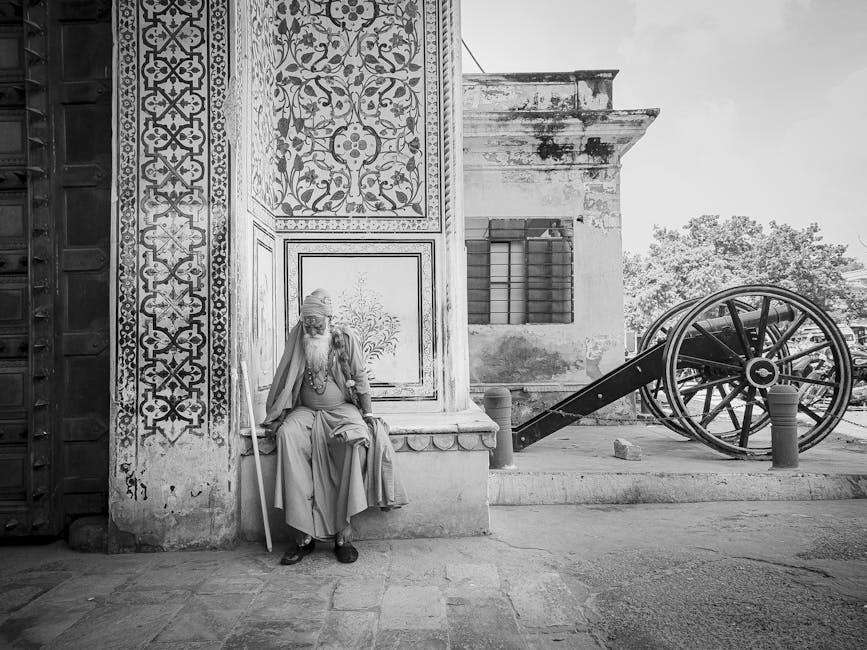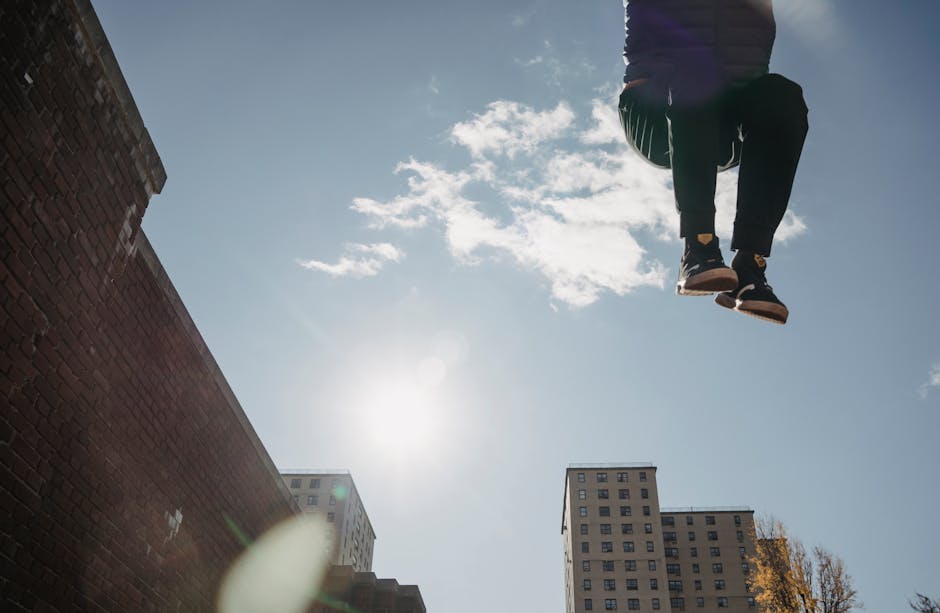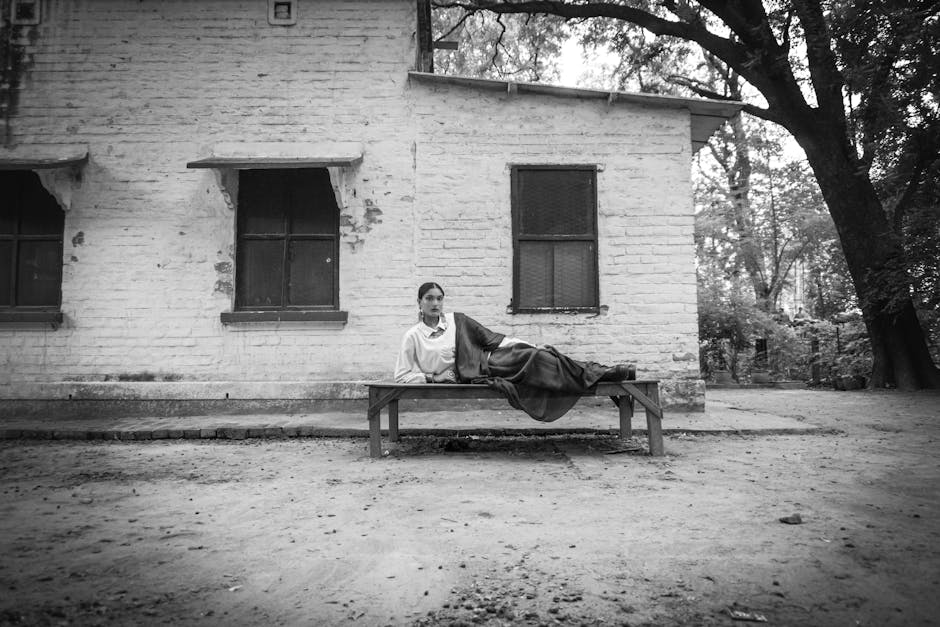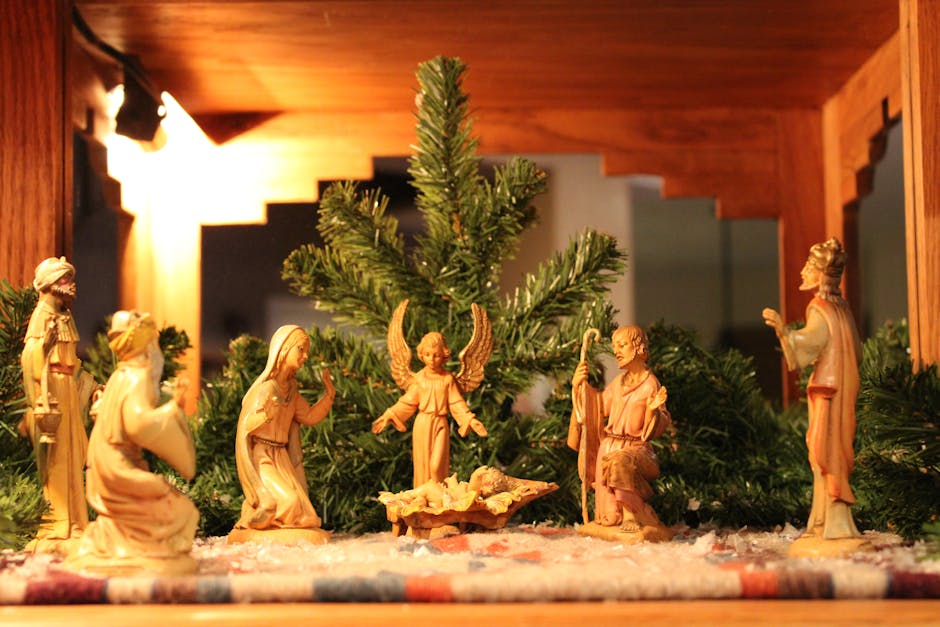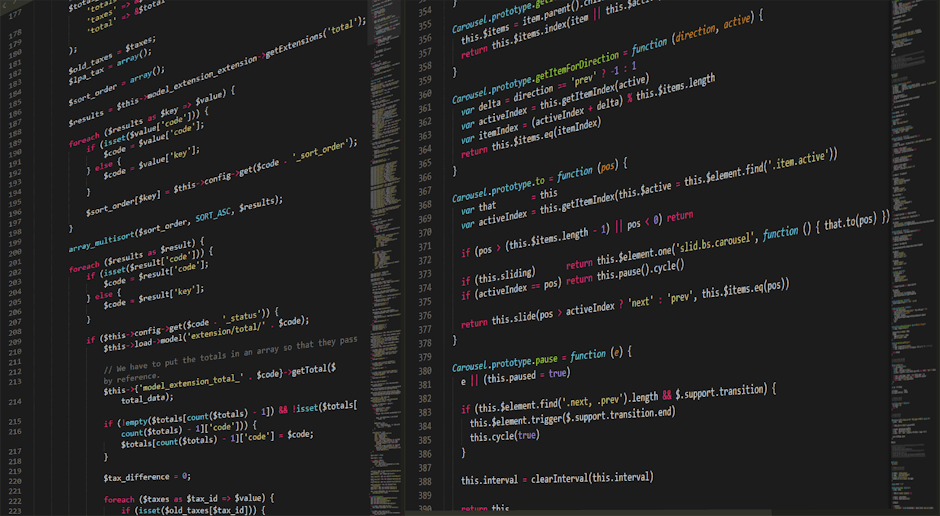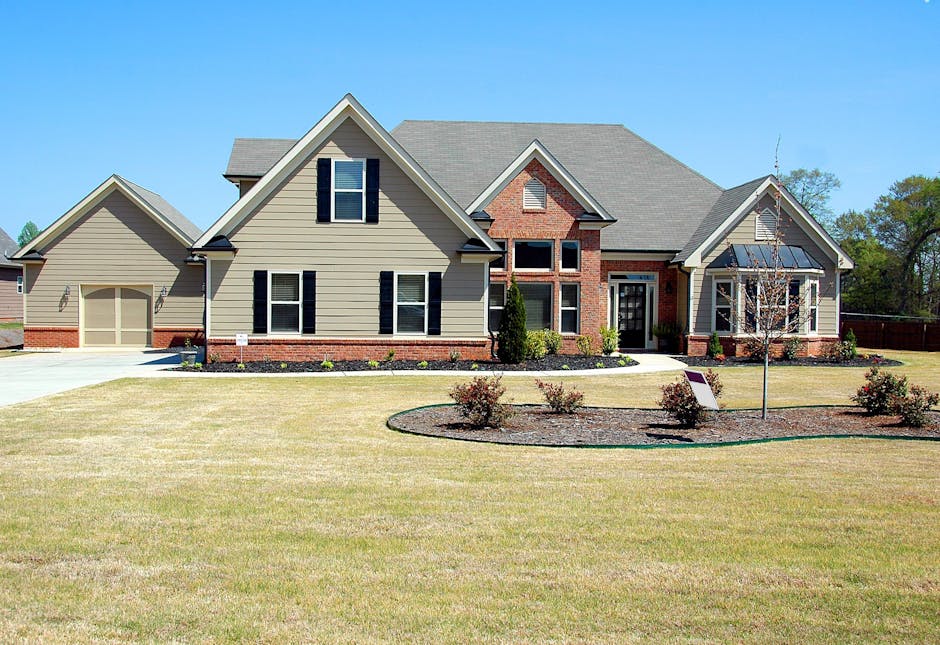
Getting an apartment in New York City, man, it’s a whole thing. Seriously, trying to find a decent place that won’t make your bank account weep is like finding a unicorn that also does your laundry. And for a lot of us, the NYC Housing Lottery, well, it feels like the only shot, or at least a big one. It’s 2025 now, and you’d think things might be simpler, but they’re not, not really. This whole lottery system, it’s got its own weird rules, its own hopes, and honestly, a lot of heartbreak for a bunch of people. But hey, it’s there, so might as well know how it works, right?
I remember hearing about the lottery first, thinking it sounded too good to be true. Like, free apartments? Not exactly. It’s affordable housing, which is different. The city, and some private groups, they build these places or get existing ones, and the rent is set way below market rates. It’s based on something called Area Median Income, or AMI. That’s a big deal. The government, they look at how much money people generally make in a certain area, then they figure out what ‘affordable’ means for different income levels. So, if your income fits a certain bracket for a building, you might be eligible. It’s a puzzle piece, you know? Your income has to match their income piece. Too high, too low, doesn’t fit. My cousin, he was trying for one of these places a while back. Made just a little too much one year, totally missed out. What a bummer.
The Big Machine: Housing Connect and What It Asks For
So, where do you even start with this whole housing lottery business? You go online. The website is called Housing Connect. It’s where pretty much all the new affordable apartments get listed. You make an account, which is pretty straightforward. Name, address, income stuff. The kind of things you’d expect. But then it gets a little more involved.
When you look at an apartment listing on Housing Connect, you’ll see all these numbers and percentages. Those are the AMI levels. Some apartments are for folks making 40% of the AMI, others 60%, some even 120% or 130%. It varies a lot. And your household size matters, too. A single person trying for a two-bedroom at 40% AMI? Not gonna happen. A family of four for a three-bedroom at 80% AMI? Yeah, that’s possible.
What’s interesting is how many listings pop up all the time. Like, you check every few days, and there are always new ones. It’s like a never-ending stream, but it also feels like a river that’s really, really wide, and you’re just one tiny fish in it. You click “Apply” on anything that seems like it could work for you. And honestly, you just apply for everything you might be remotely eligible for. That’s what everyone says. Cast a wide net, they say. I think that’s good advice because, really, you have no idea what your chances are with any single listing.
Behind the Curtain: Preference Points and Why They Matter
Okay, so you apply. You put in all your info, cross your fingers. But there’s a whole bunch of stuff that gives certain people a leg up. They call them preference points. It’s how the city tries to make things fair, or at least, give a priority to certain groups.
If you live in the community district where the building is, that’s a big one. Like, 50% of the apartments are usually set aside for people who already live in that specific neighborhood. That’s a massive preference. So, if you’re trying to move from, say, Brooklyn to Harlem, your chances for a new Harlem building go down if you don’t have that community board preference. It’s a bit of a bummer if you’re looking to switch boroughs, but it makes sense too, wanting to keep locals in their spots.
Then there are other things. If you have a disability that affects your mobility, or if you’re visually or hearing impaired, there are percentages for those. Veterans and active military, they get a boost too. If you’re a city employee, sometimes there’s a small set-aside. These preferences, they add up. So, if you live in the community district and you’re a veteran, your application gets put ahead of someone who just lives in NYC but not that district, and isn’t a veteran. It’s not a guarantee, nothing is, but it helps. A lot.
And something else: homelessness. Yeah, there are set-asides for homeless households. It’s one of those things that really puts the struggle of so many New Yorkers into perspective.
The Waiting Game: Log Numbers and Interviews
After you apply, you get a log number. This number is your place in line. The lower your log number, the better your chances are. I’ve heard stories of people getting log numbers like, 50, and others getting 500,000. Mine? I got one that was pretty high, like in the hundreds of thousands. So, yeah, I’m not holding my breath for that one. It’s random, basically. A computer spits out these numbers. It’s like, total luck.
If your log number is low enough, and they get to your number, you might hear something. An email, maybe, or a letter. They’ll ask you to submit a bunch of documents. Proof of income, tax returns, bank statements, birth certificates, utility bills, letters from your landlord, everything. And I mean everything. They want to see every single penny you make, every person living with you. They dig deep.
Then, if all that paperwork looks good, you get called for an interview. This is where they go over everything you sent them, ask questions, make sure it all adds up. I’ve heard these interviews can be super intense. They’re really trying to make sure you fit the income brackets perfectly and that you qualify for any preferences you claimed. It’s a very thorough process, almost like applying for a super important job or something. It can feel a bit overwhelming, to be honest. But if you make it to this stage, you’re so close.
What to Watch Out For: Scams and Red Flags
Okay, so the lottery is a real thing, it’s run by the city. But there are always people trying to take advantage. Scams, they pop up. So, listen up:
No one will ever ask you for money to apply for the lottery. Applying on Housing Connect is totally free. If someone tells you they can get you a special application, or move you to the front of the line, or charge you a fee to apply, walk away. Immediately.
Be wary of unofficial websites or individuals. Housing Connect is the official platform. Stick to it. Don’t click on weird links in emails claiming to be about the lottery.
They won’t ask you for personal information over unsecured channels. Like, they won’t text you asking for your Social Security number or bank details. Everything important will be through official channels.
Nobody can guarantee you an apartment. Not for money, not for anything. It’s a lottery. Luck plays a part.
It’s really important to be smart about this. People are desperate for housing in NYC, and bad actors, they know it. My uncle, he almost fell for something similar, years ago, but luckily, he checked with a city agency first.
The Harsh Truth: It’s a Marathon, Not a Sprint
The thing about the NYC Housing Lottery is that it’s a huge test of patience. Like, seriously huge. You apply, you get a log number, and then… you wait. And wait. And wait some more. It can take months, even years, to hear anything back. Some people I know, they’ve been applying for years, literally, and haven’t gotten a call. Others, they get lucky pretty fast. It’s so unpredictable.
My personal take? Don’t put all your eggs in this basket. It’s a good option to explore, absolutely. You should apply. But don’t stop looking for other places, don’t stop planning. Keep your expectations realistic. Because it really is a lottery. You might win big, or you might not.
And what happens if you do win? Well, it’s not just handed to you. You still have to pay rent, obviously. And you have to keep meeting the income requirements. If your income goes up a lot, you might not be eligible to renew your lease when it comes up. It’s a system designed to help people stay in affordable housing, but it has rules about who qualifies and stays qualified.
Sometimes, thinking about all the people applying for these few apartments, it feels kind of depressing. The sheer number of folks trying to just live here, trying to find a home that doesn’t take every last dollar from them. It shows you how tough it is in this city, how much people really need help with housing. But, you know, the lottery is still one of those slivers of hope. And for some, it works. And that’s something.
Why it’s so hard to get in: A quick thought
It’s just supply and demand, pure and simple. New York City has millions of people, and not enough affordable apartments. So, for every apartment that becomes available through the lottery, there are thousands, sometimes hundreds of thousands, of applications. It’s like trying to get a ticket to the hottest concert in town, but there are only a handful of tickets, and everyone wants one. The odds? Not exactly in your favor, most times. But someone has to win, right?
FAQs About the NYC Housing Lottery
Q1: Can I apply for the NYC Housing Lottery if I don’t live in New York City?
A: Yeah, you can, technically. You just need to be 18 or older. But remember those preference points I talked about? If you don’t live in the community district where a building is located, your chances are much, much lower for those specific apartments. Most lottery apartments, like half of them, are set aside for current residents of that neighborhood. So, while you can apply, your odds are way better if you’re already an NYC resident, especially if you live near the new development.
Q2: How often should I check Housing Connect for new listings?
A: You know, it’s not a daily thing for most people. New listings pop up pretty regularly, maybe a few times a week. I’d say checking a couple of times a week is probably enough. You don’t want to drive yourself crazy. Just make sure your profile is all filled out correctly on the Housing Connect website, and then it’s just about applying for anything that fits your household size and income range. And set up those email alerts, they help a lot.
Q3: What happens if my income changes after I get a lottery apartment?
A: This is a pretty common question. So, you get the apartment, awesome! But these affordable housing units have rules about income limits, even after you move in. Usually, when your lease is up for renewal, they’ll check your income again. If your income has gone up significantly above the original limit for that unit type (and it’s a pretty big jump, not just a small raise), you could risk not being able to renew your lease. They want to make sure the units are always going to people who truly need the affordable rent. It’s complicated, I know, but that’s how it works.
Q4: Are there any services that can help me apply or improve my chances?
A: There are some non-profit housing counseling agencies around the city. They often offer free workshops or one-on-one help to understand the lottery process, get your documents ready, and even review your application. They can’t “improve your chances” in terms of getting a better log number – nobody can do that, it’s random – but they can help you avoid mistakes that might disqualify you. Just search for “NYC housing counseling” or “affordable housing workshops.” Just make sure they’re legitimate, non-profit groups, and not trying to charge you for things that should be free.
Q5: How long does it usually take from applying to moving in, if I win?
A: Oh man, this is the million-dollar question. There’s no easy answer. It varies wildly. Some people get lucky and hear back within a few months if their log number is super low and they apply for a brand new building. For others, it can be years. Seriously. A lot of times, the wait list for these apartments can be really long. So, you might apply, get a log number, and then just wait and wait and wait. It’s a long game. That’s why I always tell people, apply for anything that fits, and then just try to forget about it while you keep looking for other options.

